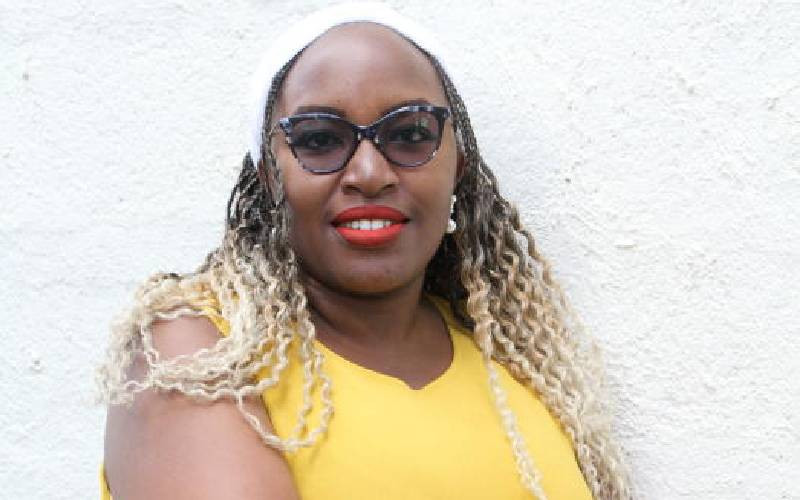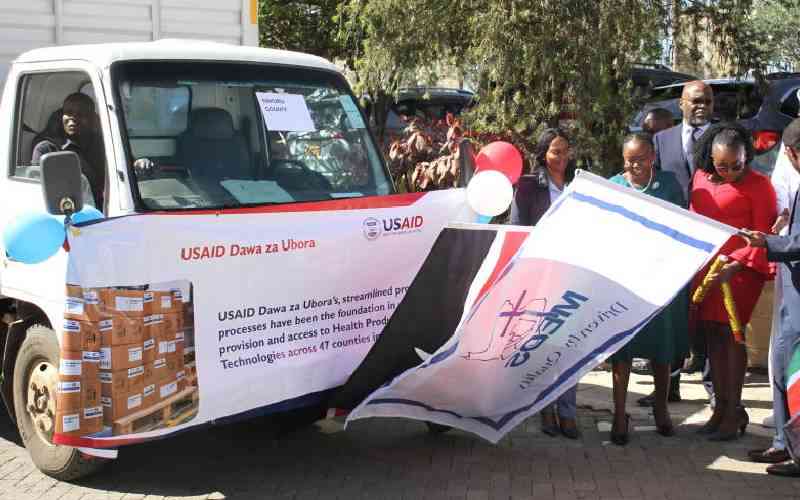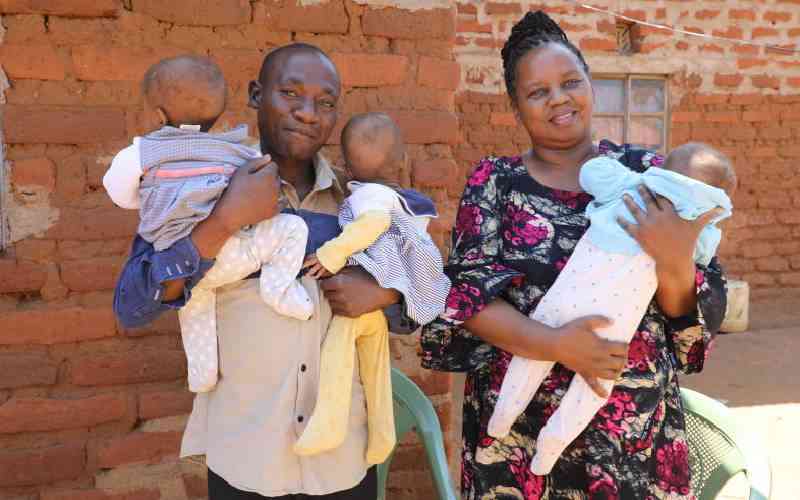
After the crescent moon has been sighted, marking the end of the holy month of Ramadhan, many Muslims regress back to their former routine, which defeats the entire purpose of fasting in the first place.
For Muslims around the world, Ramadhan serves to enhance their faith through prayer, fasting, and increased acts of kindness. But as was quoted by ancient scholars, “To those who worshipped Ramadhan, the holy month has come to an end but for those who used to worship Allah, he is alive and will never die!”
Muslims are therefore encouraged to emerge from the month better worshippers after the fasting experience, striving to maintain and build upon the good habits and routines developed during the holy month.
Among practices that are recommended to help ground believers for the rest of the year is the continual practice of voluntary fasts.
Sheikh Rishad Rajab Ramadhan, a contemporary Islamic scholar and Imam Masjid Jibran, advices:
“Follow the Sunnah of fasting six days of Shawwal, Mondays, Thursdays, and the white days which are the 13th, 14th, and 15th of each lunar month.”
This, he says, is according to authentic hadith from the messenger of Allah.
Another important practice is to always remain consistent in salah.
“Maintain the quality and timing of your prayers, just as you did in Ramadhan,” says the Sheikh, adding that Muslims should also strive to pray extra Sunnah and Nafl prayers to strengthen their connection with Allah.
According to Islamic teachings, the five daily prayers are a pillar of Islam, with hadith warning that whoever neglects salah has withdrawn from Islam and is a sinner.
The Prophet said:
“The first thing a servant will be held accountable for on the Day of Resurrection is his prayer.”
Ramadan was a time when believers competed to complete the Quran with nearly everyone engaging in its recitation.
The Sheikh recommends that Muslims should do their best to maintain an unfailing daily reading schedule, even if it’s just a few verses a day.
Allah says: “And We send down, the Quran that which is healing and mercy for the believers.”
Regular recitation helps reinforce faith and provide spiritual healing.
These fundamental acts of worship should be performed regularly as they hold significant importance in the actual practice of Islam.
The Prophet Muhammad emphasized this notion repeatedly.
“The most beloved deeds to Allah are the most consistent of them, even if they are few,” he says.
This is a guideline highlighting the importance of quality and consistency of those acts are what truly connect a believer to Allah.
Another act of worship which shouldn’t be neglected after Ramadhan is the giving of alms.
It comes in as the third pillar of Islam and should never be limited to the month of Ramadhan.
The Prophet Muhammad emphasized that giving charity is a continuous act.
“Charity does not decrease wealth.”
A muslim should therefore ensure that they give sadaqa regularly, helping and supporting the needy just as Ramadhan trained them to do, as charity extinguishes sins and increases in blessings.
According to Sheikh Rishad, a Muslim should at all times keep his tongue moist with the remembrance of Allah.
“We used to increase in supplication and prayer during Ramadhan, mentioning the beautiful names of Allah and reciting dhikr all the time. It doesn’t cost much to continue keeping Allah in our memory, which is an act of worship in itself.”





